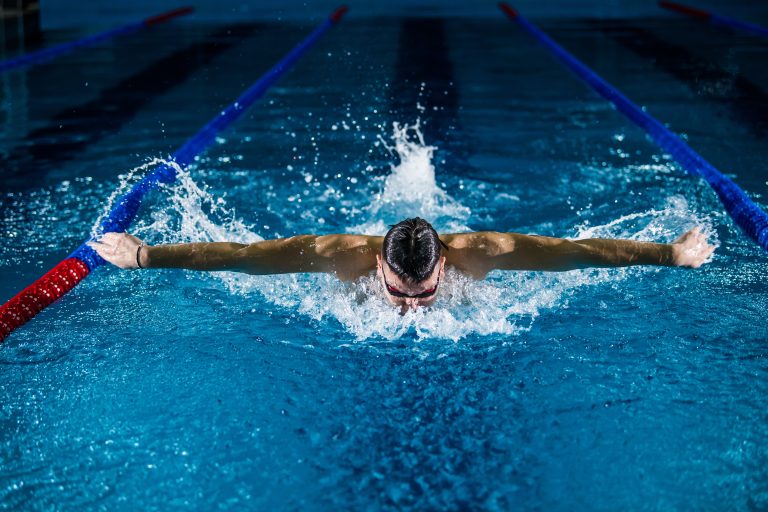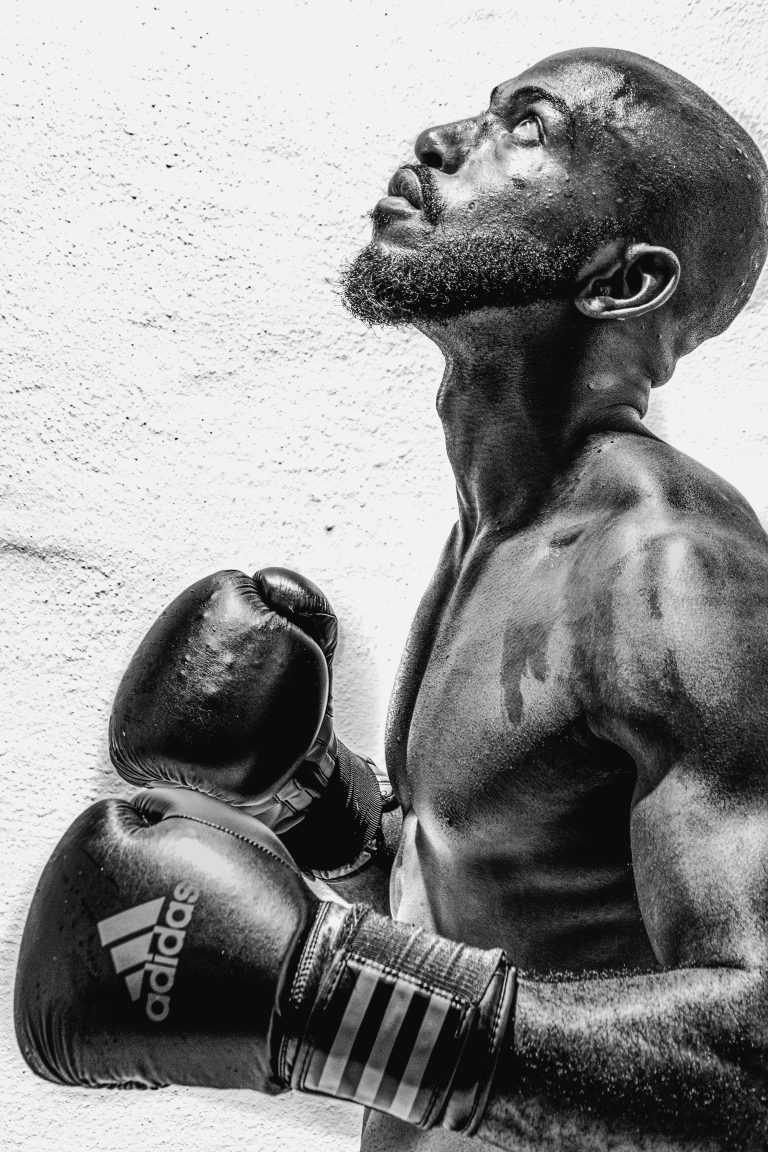Can Karate be viewed as a martial art?
Karate is a popular form of martial arts that originated in Okinawa, Japan. Its popularity has grown over the years, and it is now practiced widely across the globe. Despite its popularity, there has been a debate over whether Karate can be viewed as a martial art, or whether it is simply a sport. In this blog post, we will explore the arguments for and against Karate being viewed as a martial art.
Argument for Karate as a martial art
At its core, Karate is a form of self-defense that involves a combination of kicks, punches, and strikes. The techniques used in Karate have been designed with the intent of disabling an attacker, making it a practical and effective form of self-defense. The philosophy behind Karate also emphasizes the importance of discipline, respect, and self-control. Practitioners of the art often seek to improve their physical, mental, and spiritual abilities.
Moreover, Karate has a rich history and theory behind it, which is often explored by practitioners. Karate practitioners often study and learn about the cultural and historical aspects of Karate, including its origins, development, and evolution. They also learn about the various schools or styles of Karate and their unique philosophies and techniques.
Argument against Karate as a martial art
On the other hand, some argue that Karate is merely a sport and should not be considered a martial art. They argue that the main focus of Karate is on scoring points, rather than on practical self-defense. They also claim that the emphasis on competition can lead to a loss of focus on the traditional values of Karate.
Furthermore, critics argue that the standardization and commercialization of Karate has led to a loss of its original essence. They claim that many Karate schools and styles have become watered down and focused more on money-making than on training high-quality practitioners.
Conclusion
In conclusion, whether Karate can be viewed as a martial art or not depends on one’s perspective. Those who value practical self-defense and the traditional values of discipline, respect, and self-control see Karate as a martial art. Others who focus more on the sport and competition aspects may view it as a mere sport. Nevertheless, the rich history, philosophy, and techniques of Karate make it a fascinating and compelling form of martial arts for many practitioners.
Can Karate be viewed as a martial art?
Karate is a traditional martial art that originated in Okinawa, Japan. It emphasizes striking techniques such as kicks, punches, and knee strikes, but also includes grappling, joint-locking, and throwing techniques. Although it is often associated with self-defense, many people wonder whether karate can truly be viewed as a martial art. In this post, we will answer some of the most frequently asked questions about karate and its status as a martial art.
What is a martial art?
Before we can answer whether karate can be viewed as a martial art, we need to define what a martial art is. A martial art is a system of combat practices that are practiced for various reasons such as self-defense, competition, physical fitness, and mental and spiritual development. Martial arts can be traced back to ancient civilizations and have evolved over the centuries to encompass a wide range of practices, including striking, grappling, joint-locking, throwing, and weapon-based techniques.
Is karate a martial art?
Yes, karate is generally considered to be a martial art. It has a long history and a traditional curriculum that includes not only physical techniques, but also mental and spiritual development. Additionally, karate has been practiced in various contexts, including self-defense, sport, and cultural performance. Its techniques are effective for striking, blocking, and countering attacks, as well as for improving physical fitness and coordination.
What are the different styles of karate?
There are many different styles of karate, but some of the most well-known include Shotokan, Goju-ryu, Shito-ryu, Wado-ryu, and Kyokushin. Each style has its own distinctive techniques, training methods, and philosophies. For example, Shotokan emphasizes strong, linear movements and powerful strikes, while Goju-ryu stresses circular movements, breath control, and efficient use of energy.
What is the history of karate as a martial art?
Karate has a long and complex history that dates back to the Ryukyu Kingdom in Okinawa, Japan, around the 17th century. At the time, karate was known as „ti“ or „te,“ which means „hand“ in Okinawan language. It was a form of self-defense that was practiced by the local people to protect themselves from bandits and pirates. Over time, karate evolved and spread to other parts of Japan and the world, eventually becoming a popular martial art.
What are the benefits of practicing karate?
Practicing karate has many benefits, including:
- Improved physical fitness: Karate is a great way to improve cardiovascular health, endurance, strength, and flexibility.
- Self-defense skills: Karate techniques can be used for self-defense in real-life situations.
- Confidence: Karate training can help build confidence and self-esteem through the achievement of goals and overcoming challenges.
- Discipline: Karate requires discipline and dedication to achieve progress and mastery.
- Mental and spiritual development: Karate training incorporates meditation, breathing exercises, and philosophy to help develop mental and spiritual strength.
Is karate a sport or a martial art?
Karate can be practiced in both sport and traditional contexts. In sport karate, practitioners compete in tournaments using a set of rules and regulations. Traditional karate, on the other hand, focuses on self-defense, mental and spiritual development, and preserving the traditions of the art. However, both sport and traditional karate emphasize physical techniques, discipline, and mental and spiritual development.
Conclusion
In conclusion, karate can definitely be viewed as a martial art. It has a long history, traditional curriculum, and effective techniques for striking, blocking, and countering attacks. Additionally, practicing karate confers many benefits, including improved physical fitness, self-defense skills, confidence, discipline, and mental and spiritual development. Whether practiced in a sport or traditional context, karate is a valuable and rewarding martial art.
Inhaltsverzeichnis






